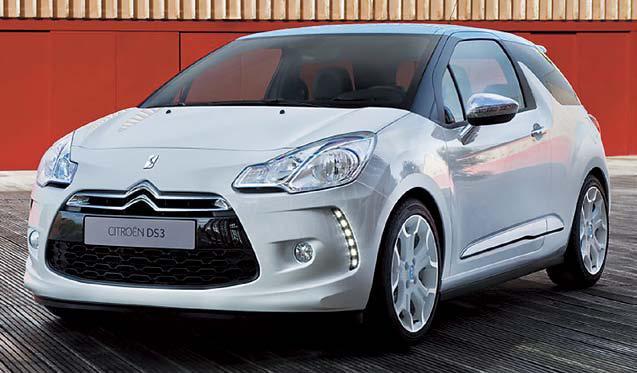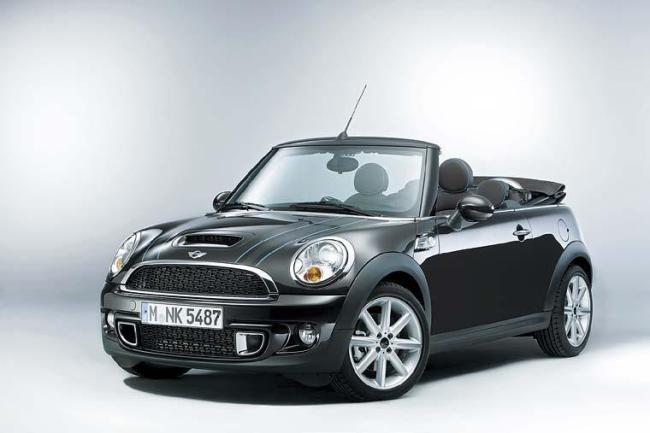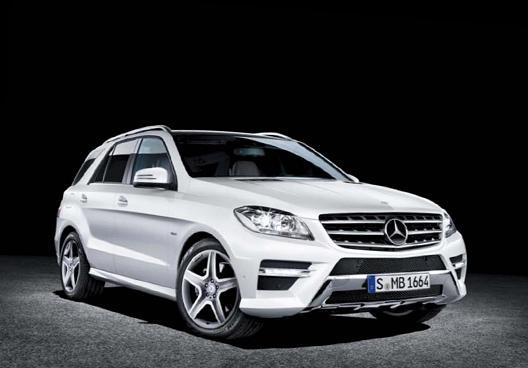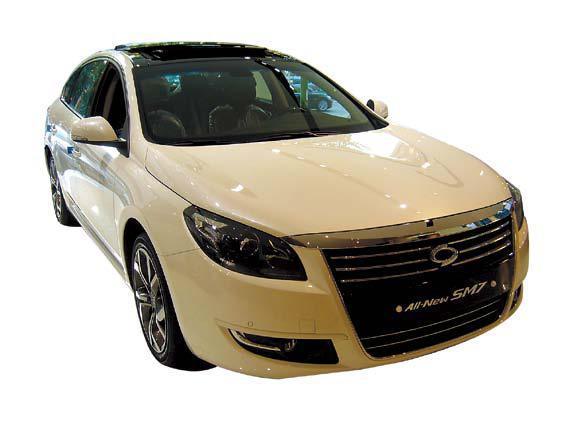Additional tariff cut applied from July 1, but effect may be limited
European carmakers expect no drastic increase in sales here despite tariff cuts on their cars exported to Korea in the wake of the Korea-EU Free Trade Agreement.
The automakers said that the tariff cuts will only have a “psychologically” positive effect on its sales of cars in Korea.
July 1 marked the first anniversary of the Korea-EU FTA in action. The tariff imposed on imported European cars fell for the second time, from 5.6 percent to 3.2 percent. The first tariff cut was made when the FTA came into effect last July.
The Korea Automobile Importers and Distributors Association estimates that sales of imported European cars will hit about 119,000 units this year, taking into account the change in tariff rates and taxes.
KAIDA said that the agreement is definitely a plus, but also acknowledged that different brands will come up with different price cuts.
“It is for certain that (Korea’s) FTAs are a plus to the existing market, but considering the simultaneously ongoing Korea-U.S. FTA, it is hard to give specific digits for the benefit generated by the Korea-EU FTA,” a KAIDA spokeswoman said.
Automobile industry analysts said the effect of further tariff cuts may be limited because of a rise in distribution and delivery costs.
“The tariff has to do with the initial tax cut (upon entering the border). The final price is decided after other multiple kinds of taxes such as education tax and excise tax are applied, in addition to distribution expenses and delivery costs,” Yang Seung-duk, a spokesman of BMW Korea, said.
Yang pointed out that taxes take up the largest share among these costs.
“Taking everything into account, if there is a 4 percent cut in tariffs, the final price should fall by about 1 percent to 2 percent,” she said.
Although it is difficult to say that the second tariff cut will directly lead to increased sales, it may ease the consumers’ psychological resistance to making a purchase, Yang said.
 |
Peugeot Citroen DS3 |
 |
BMW MINI Highgate Convertible |
BMW’s MINI, whose fandom mostly comprises younger drivers, likely will benefit from such a “psychological” effect, Yang said. “Younger customers tend to be more price-sensitive.”
The German automaker predicted that its sales in the Korean auto market will continue to gradually increase, rather than see a dramatic rise.
A spokeswoman of Mercedes-Benz agreed that the Korea-EU FTA contributes to bringing consumers closer to the brand by lowering the tariff barrier, but would not be drawn on its impact on sales.
“Under current conditions, we cannot really say how much the sales increased or how much visible contribution the FTA will make… but we do take it as positive that (Korean consumers) feel more familiar with our brand.”
 |
Mercedes-Benz New M Class |
Mercedes-Benz, the nation’s second-bestselling imported car brand, lowered its prices a month before the second tariff cut. The move was an effort to show transparency in embracing the FTA, the automaker said.
Different emission brackets benefit from different tax cuts, one of the reasons for the uneven price cuts across brands and models. Cars with greater engine capacities saw larger tariff cuts.
Spokeswoman Baek Hyun-seo at Hanbul Motors, an official importer of Automobiles Peugeot, said, “Citroens are quite low in engine capacity, so (the FTA) has little influence or benefit (for our products).”
 |
Renault Samsung SM7 |
Renault Group also said that it is unlikely to benefit much from the lowered tariff since its auto parts for models produced by its Korean unit of Renault Samsung come largely from Korean manufacturers.
Western Europe’s second-bestselling automaker announced on June 27 that it would increase the purchase of auto parts from domestic companies in Korea to at least 80 percent as part of its localization strategy.
By Chung Joo-won (
joowonc@heraldcorp.com)











![[Today’s K-pop] Blackpink’s Jennie, Lisa invited to Coachella as solo acts](http://res.heraldm.com/phpwas/restmb_idxmake.php?idx=644&simg=/content/image/2024/11/21/20241121050099_0.jpg)